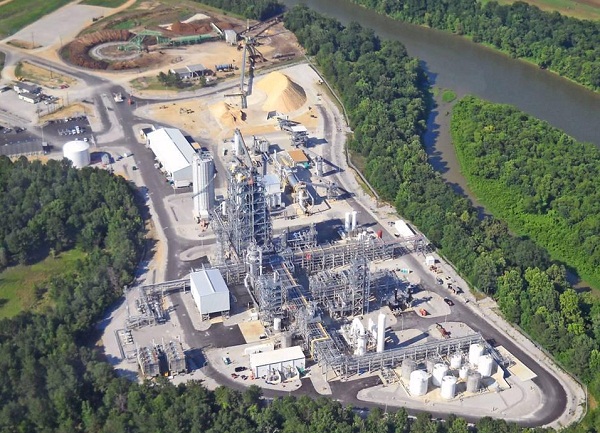By Almuth Ernsting Biofuels consumed today are usually ethanol made from the sugar in sugar cane (or sugar beet) or they may be made from starch in grains. In the US this is mostly corn …
Continue readingSubscribe
Our Latest Video
Search Articles
Book Reviews
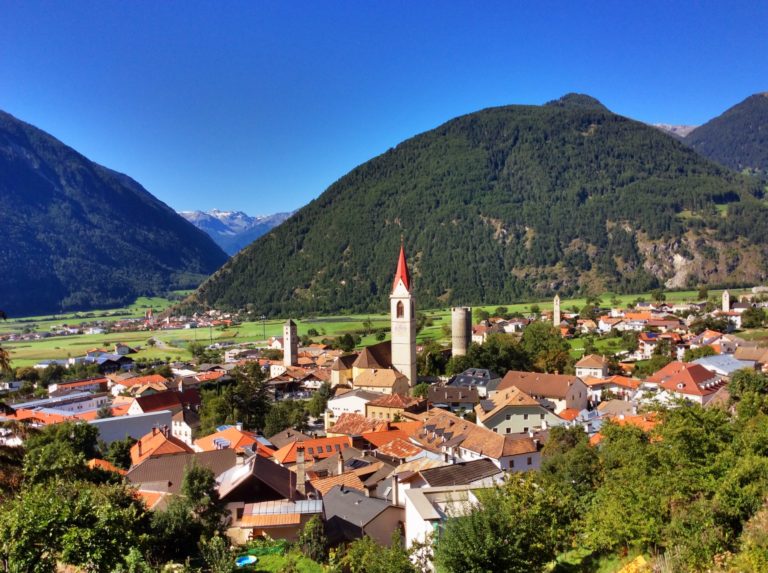 A Precautionary Tale: How One Small Town Banned Pesticides, Preserved Its Food Heritage, and Inspired a Movement
A Precautionary Tale: How One Small Town Banned Pesticides, Preserved Its Food Heritage, and Inspired a Movement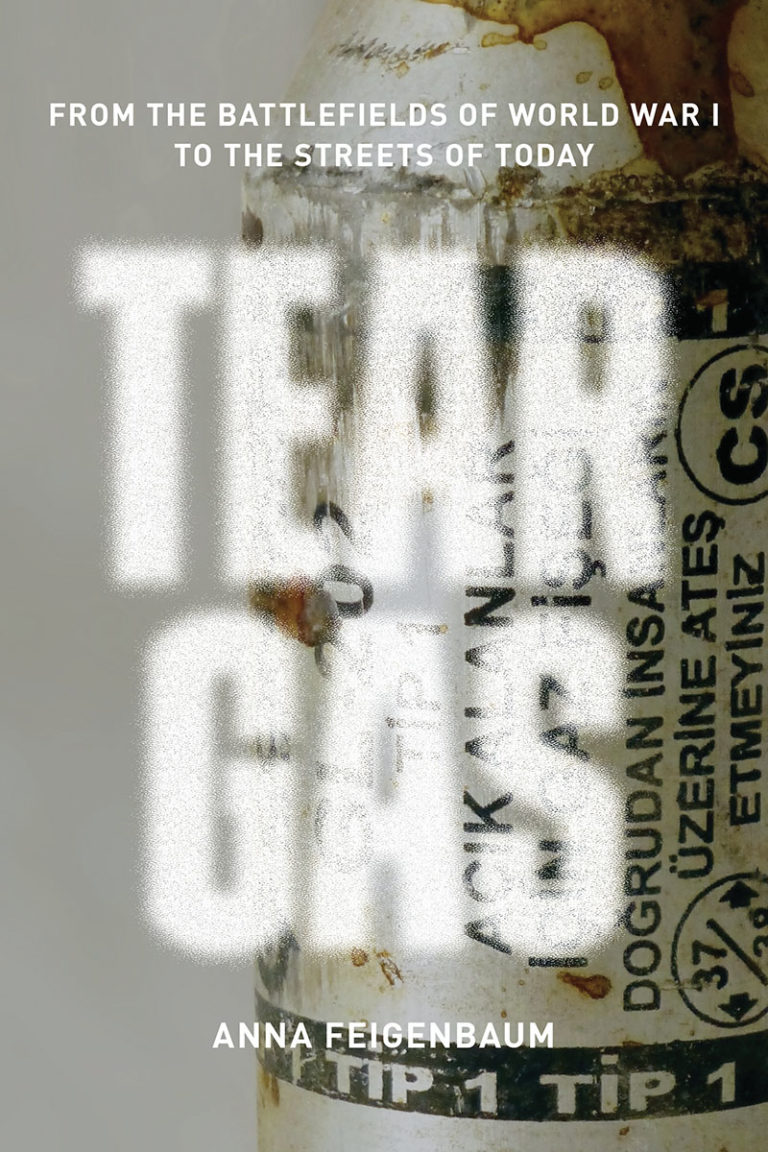 Tear Gas: From the Battlefields of World War I to the Streets of Today
Tear Gas: From the Battlefields of World War I to the Streets of Today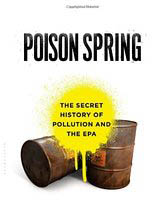 Poison Spring: The Secret History of Pollution and the EPA
Poison Spring: The Secret History of Pollution and the EPA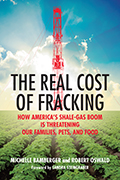 The Real Cost of Fracking: How America’s Shale Gas Boom Is Threatening Our Families, Pets, and Food
The Real Cost of Fracking: How America’s Shale Gas Boom Is Threatening Our Families, Pets, and Food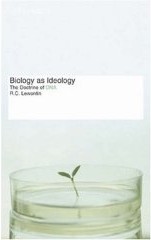 Biology as Ideology: The Doctrine of DNA
Biology as Ideology: The Doctrine of DNA
Science News on the Web
- ‘Even if we stop drinking we will be exposed’: Parts of France have banned tap water. Is it a warning for the rest of Europe?
- Toxic truth? The cookware craze redefining ‘ceramic’ and ‘nontoxic’
- The Covid ‘lab leak’ theory isn’t just a rightwing conspiracy – pretending that’s the case is bad for science
- ‘This isn’t a gimmick’: the New Yorkers trying to restore the American chestnut
- Carcinogenic effects of long-term exposure from prenatal life to glyphosate and glyphosate-based herbicides in Sprague–Dawley rats
- ‘Half the tree of life’: ecologists’ horror as nature reserves are emptied of insects
- New Study Reveals Alarming Levels of ‘Forever Chemical’ TFA in bread, pasta, and breakfast cereals
- Study reveals alarming surge of forever chemical TFA in European wine
- Diquat herbicide poisons the gut, may severely damage other organs, research shows
- “Poison Papers” documents now at UCSF Library
- IMPROVING THE SAFETY AND SECURITY OF BIOLOGICAL RESEARCH
- Kennedy announces ban on artificial dyes in food and drinks
- GMO Corn, Serious Losses for Farmers. The US Study
- EU Member States agree to ban flufenacet
- Genetically Engineered Salmon Production Ends as AquaBounty Shutters Last Facility
- Everyone loses in America’s misinformation war
- GMO Wheat approved: APHIS Issues Regulatory Status Review Responses
- Gender and hazardous substances – Report of the Special Rapporteur on the implications for human rights of the environmentally sound management and disposal of hazardous substances and wastes
- Gender and hazardous substances – Report of the Special Rapporteur on the implications for human rights of the environmentally sound management and disposal of hazardous substances and wastes
- Lawsuits aim to prevent ‘illegal’ hiding of toxic chemicals by US regulators
- Hunger in the Heart of Empire: Pellagra in the United States
- Effect of Genetically Modified Soybean Oil Consumption on Biochemical and Histological Changes of Liver and Kidney in Rats
- Non-GMO farmer forced to grow GMO dicamba soybeans to avoid crop damage
- EPA Scientists Said They Were Pressured to Downplay Harms From Chemicals. A Watchdog Found They Were Retaliated Against
- Mark Zuckerberg says White House ‘pressured’ Facebook to censor Covid-19 content
- Peel those apples: washing produce doesn’t remove pesticides, study finds
- Farmworkers Back Environmental Protection Agency's Suspension of Toxic Herbicide
- The Country Where You Can Buy Lab Grown Meat
- Comprehensive assessment of pesticide use patterns and increased cancer risk
- PFAS widely added to US pesticides despite EPA denial, study finds
- A biogas boondoggle
- Why the Pandemic Probably Started in a Lab, in 5 Key Points
- ‘A catastrophe’: Greenpeace blocks planting of ‘lifesaving’ Golden Rice
- Fauci aide triggers deeper concerns about hidden emails on COVID origins
- Fauci aide allegedly boasted about ability to ‘make emails disappear’ including ‘smoking guns’
- Amid U.S. And Industry Pressure, Mexico Delays Glyphosate Ban
- EPA finalizes ban on most uses of methylene chloride
- The Roundtable on Sustainable Palm Oil explained
- Mexico defends GM corn restrictions with science
- Highly Pathogenic Avian Influenza (HPAI) Detections in Livestock
Browse Articles
agriculture
agroecology
animal
biotechnology
Bt
coronavirus
crop
development
disease
DNA
ecology
EFSA
environment
EPA
farming
FDA
food
genetically modified
genetics
GM
GMO
Golden Rice
health
heritability
maize
medical
monsanto
nutrition
pesticide
plants
predisposition
public interest
regulation
rice
risk assessment
risks
roundup
safety
science
technology
transgene
transgenic
USDA
virus
Vitamin A


